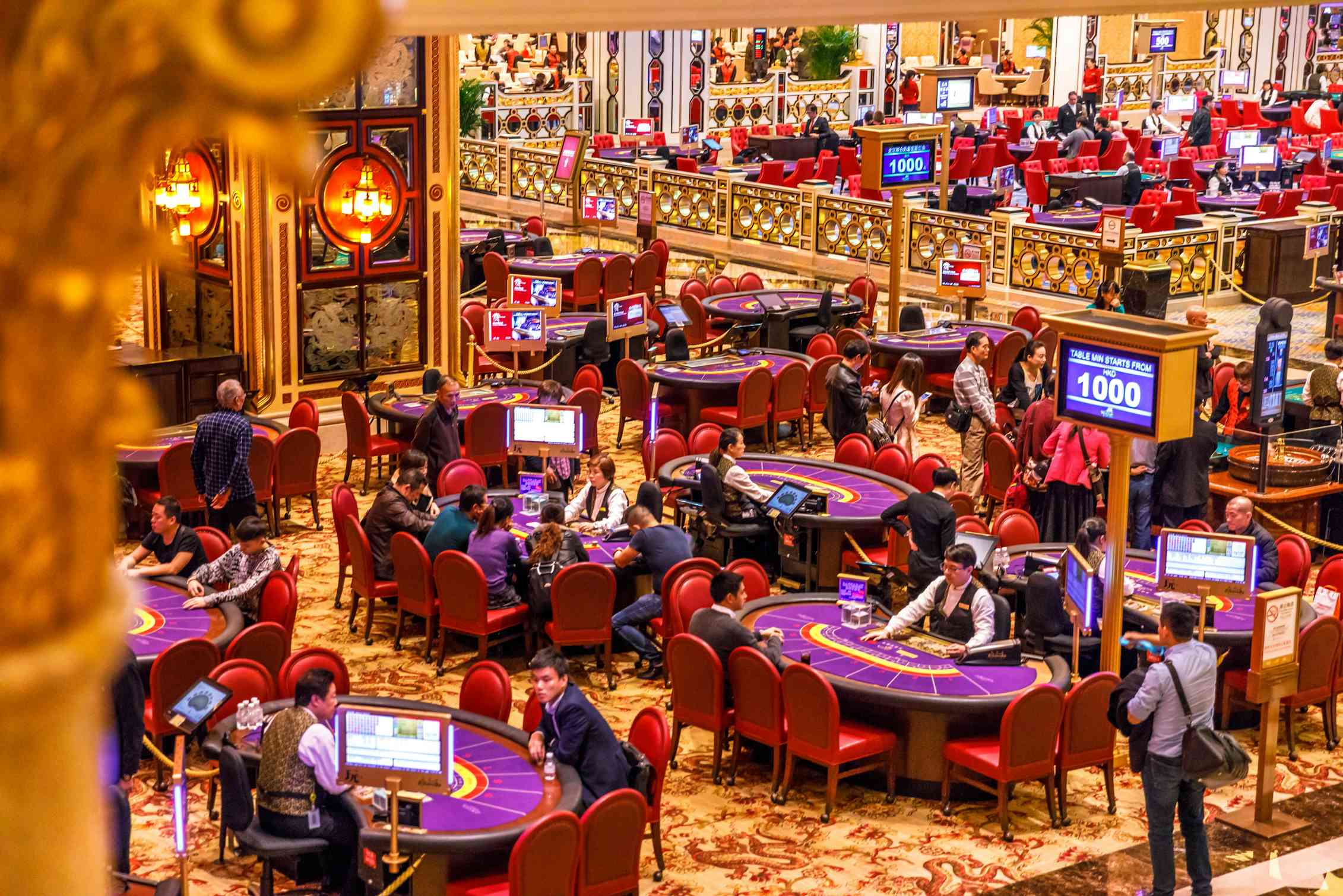
Gambling in casinos has long been a topic of interest and controversy, drawing in millions of players globally. With a mix of chance, strategy, and the thrill of risk, casino games offer an exhilarating escape from everyday life. However, as entertainment becomes ever more accessible, it invites a deeper examination of the morality surrounding these games.
At the heart of the discussion lies the question of whether casinos promote responsible gaming or exploit vulnerable individuals. The allure of potential winnings versus the reality of losses can create a challenging situation, and understanding this balance is crucial for both players and operators. As we delve into the ethics of casino gaming, we will explore the responsibilities of casinos, the effects on society, and the steps that can be taken to foster a better gaming environment.
The Impact of Casino Gaming on Society
Gambling in casinos has a notable influence on the community, affecting not only the economy but also social behaviors and community structures. The income generated from casinos can lead to employment opportunities and boost regional economies, as they provide various employment opportunities in different sectors including food and beverage, entertainment, and shopping. However, while the financial benefits can be significant, communities often struggle with the potential negative impacts that arise from increased gambling activity. https://ga179.design/
Additionally, the presence of casinos can lead to an increase in gambling addiction, presenting significant challenges for players and families. The thrill of casino games can quickly transform into a habitual habit, affecting personal relationships and leading to monetary issues. Many individuals may struggle with the loss of control over their gambling behaviors, resulting in a need for community support services and help to address this growing issue. The social cost of addiction can ripple through kinships and neighborhoods, creating an urgent need for sensible gambling approaches.
In addition to the economic and social consequences, casino gaming often showcases cultural attitudes towards risk and leisure. It can foster a sense of excitement and leisure, attracting tourists and boosting tourism. However, this allure may also mask the broader implications of gambling as a method of entertainment, raising ethical questions about its promotion and accessibility. As communities weigh the benefits and drawbacks of casino gaming, the need for sensible approaches and oversight becomes increasingly critical in ensuring that the beneficial elements are maximized while minimizing the potential harms.
Moral Concerns in Betting Activities
The ethics of gambling operations often center around the risk for addiction and its effects on people and households. Gambling can lead to significant monetary distress, impacting not only the betters but also their families. As people become caught in the allure of winning, many lose track of their financial limits, which can result in devastating results such as bankruptcy. This poses ethical questions about the duty of casinos in fostering safe gaming practices and providing support for those who may be dealing with gambling addiction.
Another critical issue is the promotion of gambling to at-risk populations. Casinos often aim at low-income individuals or neighborhoods with the offer of quick gains, which can perpetuate cycles of financial struggle and hopelessness. In this context, the morality of marketing strategies used by casinos come under scrutiny, as they may exploit the need of individuals seeking an way out from economic troubles. This exploitation raises ethical questions about the honesty of the gambling industry and its obligation to safeguard its most vulnerable patrons.
Additionally, the effect of casino operations on society as a entirety cannot be overlooked. While some argue that casinos create jobs and stimulate local economies, others point to the social costs associated with dysfunctional betting, increased criminal rates, and a strain on public resources. Balancing economic benefits with the risk for social harm presents a complex moral dilemma for policymakers and gambling operators alike. The challenge lies in finding a ethical approach that takes into account the well-being of individuals and society while still allowing for the pleasure of casino activities.
Regulation System and Duties
The regulatory framework surrounding gambling activities is created to ensure equity, honesty, and player protection. Different government entities and gaming commissions create and enforce regulations that dictate how gaming operations operate, the guidelines for product design, and the processes for processing rewards. These regulations change by jurisdiction but usually involve licensing requirements for providers and strict measures to avoid cheating and dishonesty.
In furthermore to governing bodies, gaming operators bear considerable accountability in preserving principled standards within their facilities. They must implement responsible gambling practices that promote participant protection and consciousness, including providing self-ban options and sharing information about the dangers connected to gambling. Operators are also responsible for instructing workers to spot signs of problem gambling and know the correct measures to assist patrons in trouble.
Moreover, openness in gaming operations is essential for earning and maintaining public confidence. Casinos should present clear data about the probabilities of games, marketing deals, and any connected hazards. By fostering an culture of honesty and trust, casinos can help reduce the possible harmful impact of gambling while enhancing the complete gambling experience for all players.
